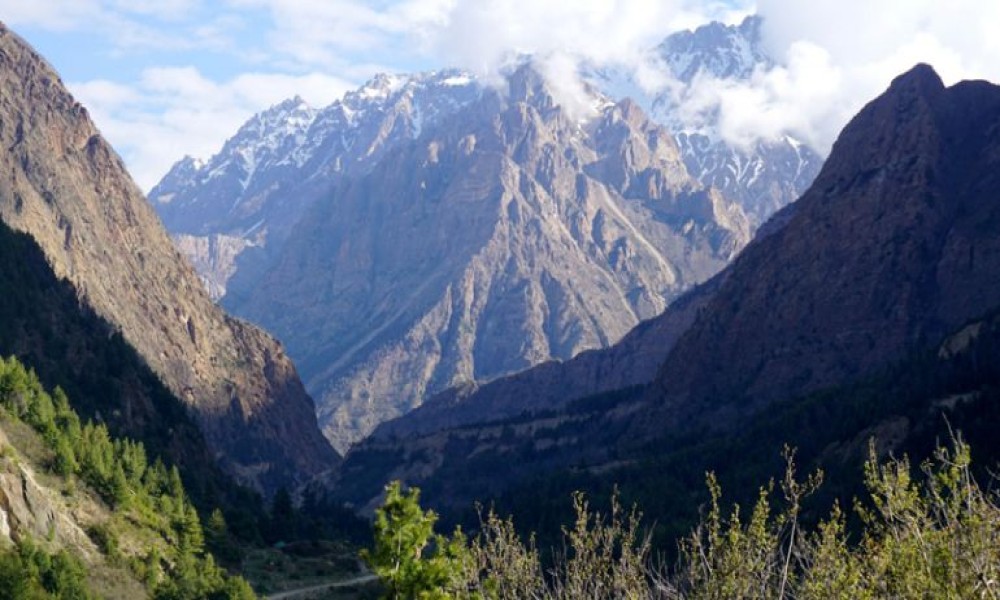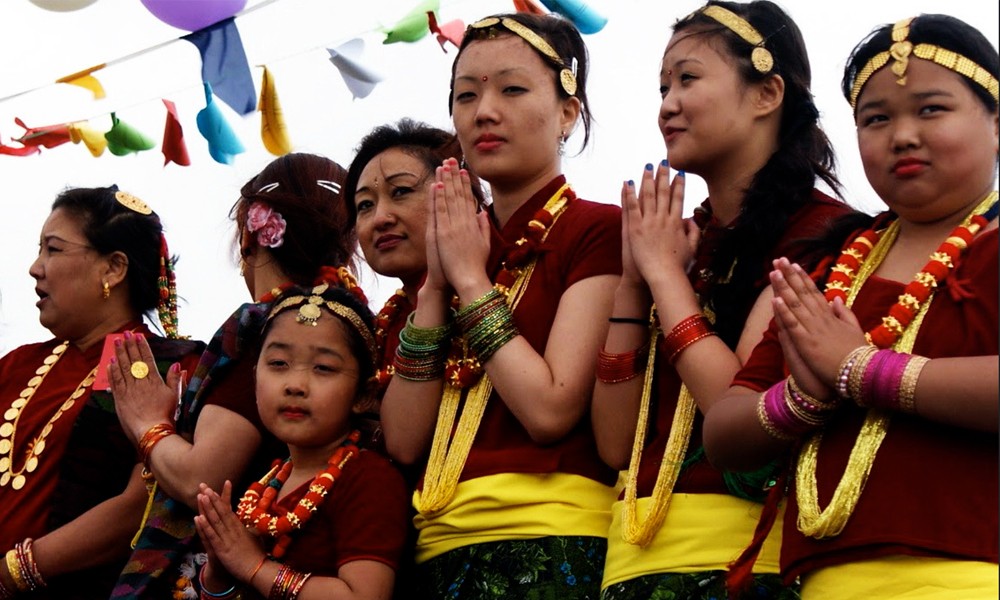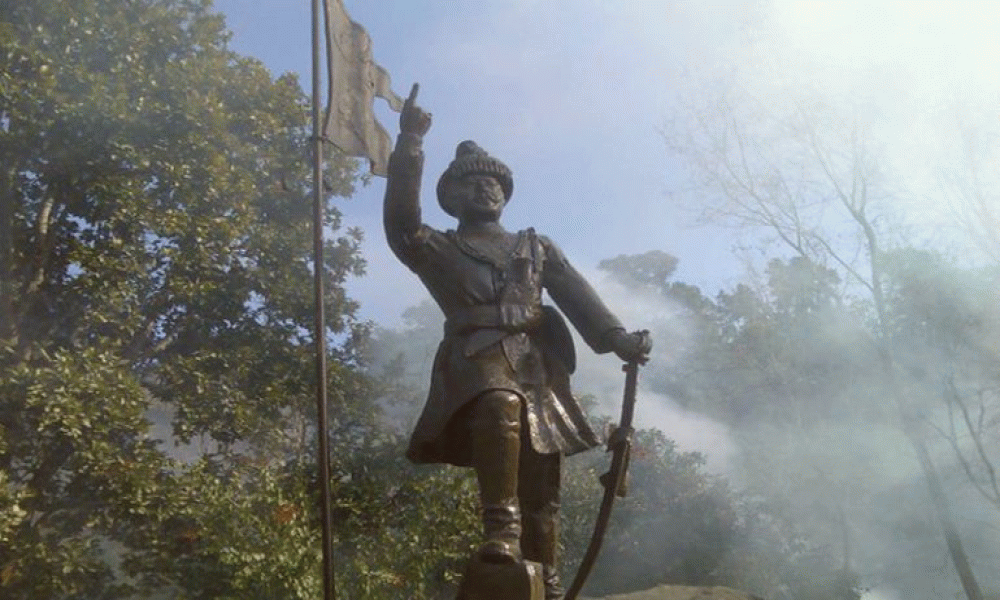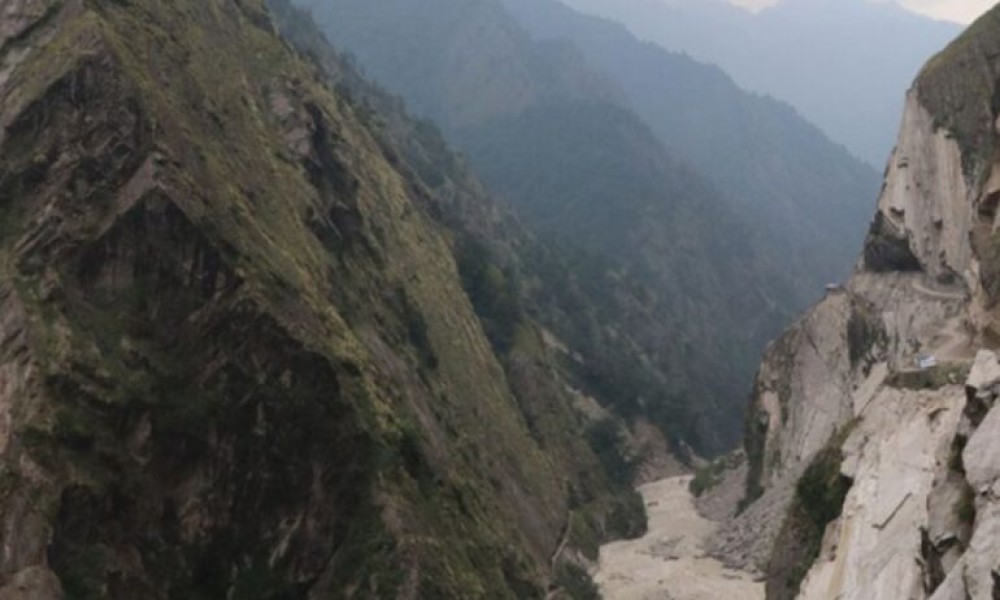As Nepal protests India's capture of Kalapani, Lipulek and Limpiyadhura, some have demanded that the issue be internationalized. As a member of the United Nations, Nepal may file a case with an agreement of India at the International Court of Justice. Among other grounds, e, the international court considers customary international practice, historical right to title, effective control of the disputed territory and cultural homogeneity to reach a conclusion. These grounds are no doubt in favor of Rang (Byasi Sauka) who are Indigenous Peoples of that territory governing in accordance with their own system, prior to establishment of then British Colonial Indian territory and Gurkha Kingdom, later converted into Nepal. These fact have been given less space by both Indian and Nepali government including mainstreaming media. Importantly, Rang (Byasi Sauka) are frontier Indigenous Peoples divided by national boundary of India and Nepal who are in extreme vulnerability if border disputes escalates.
Gillian Triggs, Dean of the Law Department at the University of Australia, says the international court considers not just laws but also international customary practices to deliver a fair verdict. Equity justice is a key element in the international court's hearing of territorial disputes.
International laws and the State's customary practices allow frontier indigenous peoples to cross the border without any hurdles. According to the article 32 of the International Labour Organisation (ILO) convention-169, governments involved in a territorial dispute must facilitate frontier indigenous people's trans-boundary economic, social, cultural, spiritual and environmental activities. Similarly, the article 36 of the UN Declaration on the Rights of Indigenous Peoples (UNDRIP), which was passed by the UN general assembly attended by Nepal, India and China, says indigenous peoples, in particular those divided by international borders, have the right to maintain and develop contacts, relations and cooperation, including activities for spiritual, cultural, political, economic and social purposes, with their own members as well as other peoples across borders. There is no specific treaty has been in place between India and Nepal about to facilitate cross border contacts to Indigenous Peoples, however as a customary practice they have been enjoying these rights with some exceptions.
Indigenous peoples, in particular those divided by international borders, have the right to maintain and develop contacts, relations and cooperation, including activities for spiritual, cultural, political, economic and social purposes, with their own members as well as other peoples across borders.
According to UN special rapporteur Prof. James Anaya, indigenous peoples' rights to maintain and develop contacts, relations and cooperation across borders are universally applicable because the UNDRIP has been endorsed by the UN's all member countries. Legally, Indigenous Peoples are also called as borderless people. They are not bound by any state border.
In the context of border dispute, Rang (Byasi Sauka)'s way of life that includes pastoralist, agriculture, partly trade in border city of China, India and Nepal will be affected. As Nepal and India both claim Kalapani, it would be important to listen to what they want.
Byasi Sauka people living on the tri-border between Nepal, India and China have their own grievances. Currently, due to the nationwide lockdown, they have not been able to move up to their homes in Tinkar and Changru, which they left to graze cattle before the coronavirus outbreak.
They say they may not be able to grow food this monsoon because they are stranded far from their villages. Due to the lockdown, they have not been able to collect Yarsagumba either. Since the road on the Nepal sideis worn out, they have to use the road on the Indian side. They say they do not want to use the Indian road, but they have no options available. They are afraid that they will be barred from using the Indian road for travel if the border tension heightens between the two countries.
If Nepal is to claim Kalapani, Lipulek and Limpiyadhura, the government of Nepal must understand how difficult life has been for local indigenous Byasi Sauka people over there. If not much can be done, the government can at least build a road to Tinkar and Changru so local people can travel around easily.
If Nepal is to claim Kalapani, Lipulek and Limpiyadhura, the government of Nepal must understand how difficult life has been for local indigenous Byasi Sauka people over there. If not much can be done, the government can at least build a road to Tinkar and Changru so local people can travel around easily. The government should also provide some basic amenities. To increase Nepal's presence there, the government must declare this area as a special, autonomous and protected zone for local indigenous ByasiSauka people in accordance with the article 56 (5) of the Constitution, and the article 99 of the Local Governance Operation Act-2017.
If the government of Nepal declares the land of local indigenous ByasiSauka people as a special autonomous zone, they will be motivated to develop their villages on their own. They will also help guard the border more effectively. If the government mobilises the army and the armed police force on the border in consultation with local people, the frontier will be much safer.
One may ask: why do we provide a special autonomous zone for local indigenous people? To answer this question, it would be apt to recall what Malaysia's former Prime Minister Mahathir Mohamad has said about special arrangements for indigenous people. He has famously said that other nationalities can flee the country if it is attacked by external forces, but local indigenous people have nowhere else to go.
In Kalapani, if the border dispute intensifies and a skirmish breaks out between Nepali and Indian forces, where else local indigenous ByasiSauka people go? They will be at the receiving end of a crossfire. Whether in Kalapani, Ilam or Madhes, local indigenous people are the ones who will suffer the most if a war breaks out on the border. People living in bungalows in Kathmandu will not understand this.
Frontier indigenous people's cultural and customary laws should be taken into account while solving border disputes. Their cultural identity, ethnic nationalism, collective relation and people to people diplomacy should be used to settle border disputes.
Therefore, frontier indigenous people's cultural and customary laws should be taken into account while solving border disputes. Frontier indigenous people's communities have been divided into two countries. Their cultural identity, ethnic nationalism, collective relation and people to people diplomacy should be used to settle border disputes.
Nepali people living on the country's eastern border regularly cross into India for shopping. Whenever there is tension, they are barred from crossing the border. Many a time, peoples living on the both sides of the border have helped solve such border disputes through talks.When the Indian government has banned the import of Nepali produces, Indian people living on the border have gone on strike to force their government to revoke the ban.
Such harmony between Nepali and Indian peoples living on the two sides of the border often go unnoticed in the media. Kathmandu, Delhi or Beijing have never understood such local dynamics on the border. Therefore, what frontier indigenous people want should matter while solving border disputes between Nepal, India and China.
This is the second part of an unofficial translation of advocate and activist Shankar Limbu's long article published originally in Nepali in www.ratopati.com










